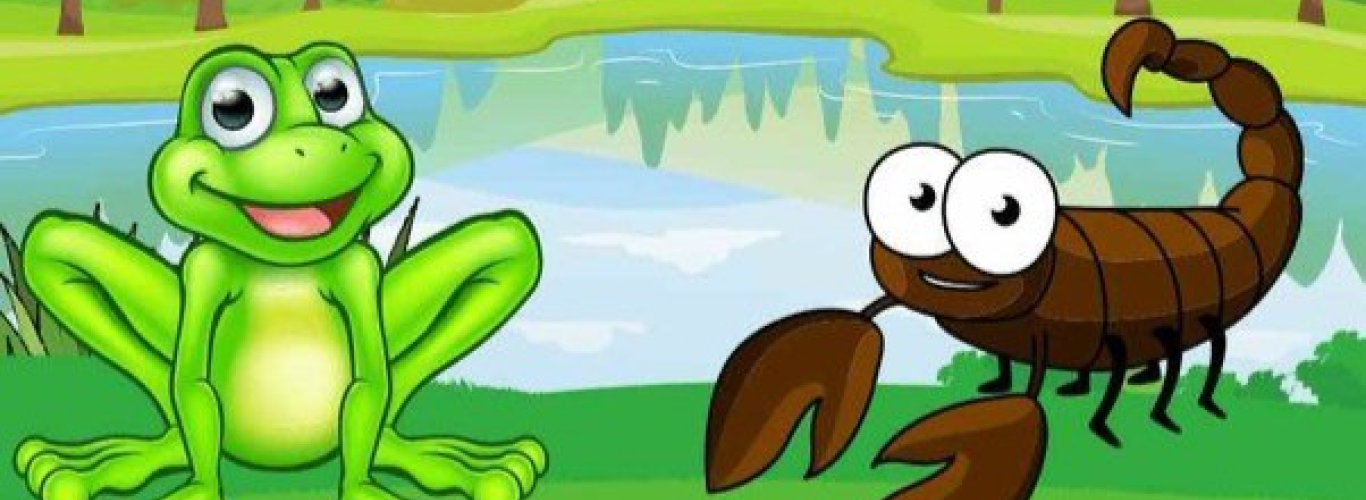
With all the confronting climate data and news this month, I need to recap why we are here and encourage us all to stay positive and keep swinging the axe while preparing for the worst.
My background in ecology gives me an ecological view of things, primarily on our ecological niche as “disturbance specialists”.
Throughout history, human beings have played a unique role in shaping the natural world. Beyond merely adapting to their environment, humans have emerged as significant disturbance specialists, leaving a profound ecological footprint on the planet. This article delves into the concept of humans as disturbance specialists, exploring how our actions have influenced ecosystems, the consequences of these disturbances, and the potential for conscious stewardship to mitigate ecological impacts. Drawing inspiration from the age-old tale of the Scorpion and Frog, we find valuable insights into human behaviour and the necessity to embrace our role as conscious stewards.
From the earliest hunter-gatherer societies to the modern industrial era, humans have actively intervened in their surroundings. Controlled burning of landscapes, clearing land for settlements, and hunting practices exemplify early human interactions that unintentionally altered ecosystems. However, as societies progressed, so did the scale and intensity of human-induced disturbances.
The Anthropocene era, characterised by human dominance on Earth, has ushered in an era of rapid change. Industrialisation, urbanisation, and mass consumption have triggered unprecedented disturbances across the globe. Deforestation, greenhouse gas emissions, habitat destruction, and the introduction of invasive species are some notable contributions to the human ecological niche as disturbance specialists.
The timeless fable of the Scorpion and Frog serves as a poignant reflection of human nature in relation to the environment. In the story, the Scorpion asks the Frog to carry it across a river. The Frog is hesitant, fearing that the Scorpion will sting him. The Scorpion reassures the Frog, arguing that they would both drown if it stings the Frog. Midway across the river, the Scorpion stings the Frog, dooming them both. When the Frog asks why the Scorpion acted against its own interest, the Scorpion replies, “It’s in my nature.”
This allegory speaks to the destructive tendencies embedded in human nature. Throughout history, we have often prioritised immediate gains without fully considering the long-term consequences of our actions. The tale serves as a reminder that, like the Scorpion, it has been in our nature to disturb the environment for our benefit, often without recognising the far-reaching implications.
While humans have successfully modified landscapes to meet their needs, these actions have come with substantial ecological consequences. Biodiversity loss, climate change, soil & biome degradation, and altered nutrient cycles are among the most critical challenges resulting from human-induced disturbances. The ramifications of these changes ripple through ecosystems, impacting both flora and fauna and ultimately affecting human well-being.
Despite the negative impacts, humans also can contribute positively to ecological restoration. As the realisation of the ecological consequences dawns upon us, a growing movement for environmental conservation and sustainable practices emerges. We can rehabilitate ecosystems and promote biodiversity conservation by adopting adaptive resilience and ecological engineering techniques.
Transforming our role from unconscious disturbance specialists to conscious stewards of the environment is pivotal for a sustainable future. The tale of the Scorpion and Frog serves as a potent reminder that we must acknowledge our instincts and tendencies but actively choose to act in ways that benefit both ourselves and the natural world. Adopting eco-friendly practices, reducing waste, transitioning to renewable energy sources, and supporting conservation efforts are powerful steps toward nurturing a balanced ecological relationship.
As the primary agents of ecological disturbances on Earth, humans hold the key to shaping the future of our planet and embracing the story of the Scorpion and Frog and recognising our ecological niche as disturbance specialists empowers us to create positive change. We can preserve and restore Earth’s ecosystems through collective efforts, ecological engineering and mindful actions, ensuring a harmonious coexistence with the natural world for generations. By transforming our nature from that of the Scorpion to that of the conscious steward, we pave the way for a sustainable and thriving future.
© All Rights Reserved | 2025 @ Nigel Grier